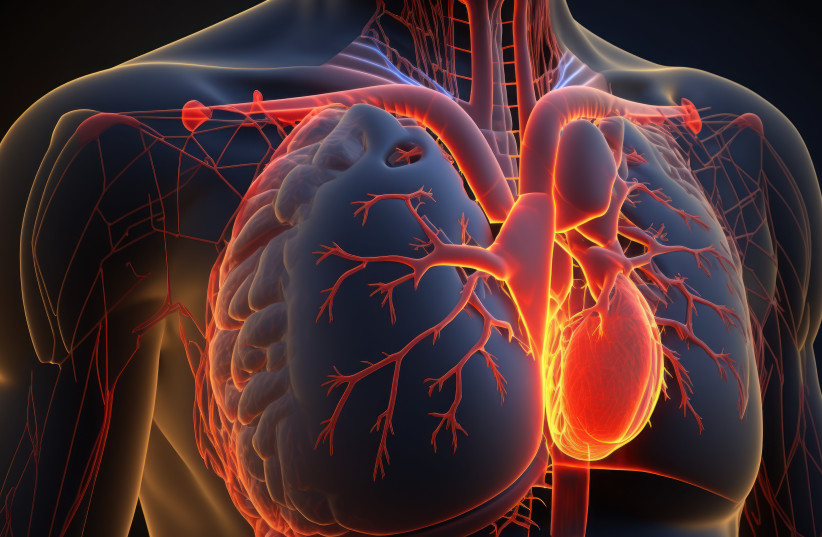It's common knowledge that risk factors like high blood pressure, diabetes, smoking, obesity, and a sedentary lifestyle can contribute to the likelihood of experiencing a heart attack.
However, many individuals might not be familiar with the early indicators that could signal an oncoming heart attack. Understanding the specific symptoms that manifest in the days and weeks prior to a heart attack is crucial, as they serve as important red flags.
The development of a heart attack involves several preliminary stages. The artery becomes obstructed by a buildup of fats, sugars, or white deposits. During these initial phases, the artery is not completely blocked, resulting from factors like obesity, high blood pressure, diabetes, and smoking.
At this point, the individual may not experience any noticeable sensations. As the plaque—the obstructing material—progresses, symptoms like a diphtheria syndrome start to emerge.

Early Indicators of a Heart Attack
1. Rapid Pulse: A fast heartbeat can occur when an individual becomes highly agitated or engages in activities like climbing stairs. The heart demands more oxygen and nutrients, yet the obstructed artery hinders the necessary blood flow. While this doesn't indicate a heart attack since some blood flow to the heart remains, such symptoms and others may be experienced.
2. Dispersed pain: The commonly recognized chest tightness may not solely manifest in the chest; it could also be sensed in the hands, stomach, or back. Individuals have approached me with pain in their lower jaw or heartburn, prompting immediate referrals for examination, which subsequently revealed their proximity to a heart attack.
3. Breathlessness: Shortness of breath is a prevalent symptom. Even climbing a single flight of stairs can lead to breathlessness.
4. Intense heartbeats: Strong heartbeats may signify artery blockage, accompanied by excessive sweating from minor exertion.
5. Weakness and nausea: Unexplained overall weakness and persistent nausea could be indicative of artery blockage. Ignoring these signs is ill-advised, as they surface in nearly every heart attack case. Patients who have experienced an attack often recall feeling unwell two weeks before.
Seeking a cardiological assessment is imperative. Neglecting this step and experiencing an attack could result in irreversible damage to the heart muscle.
